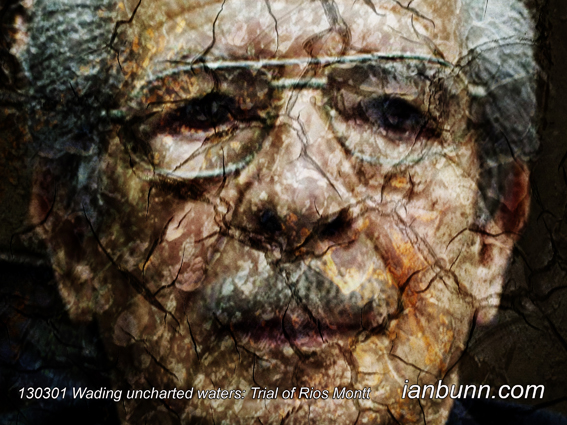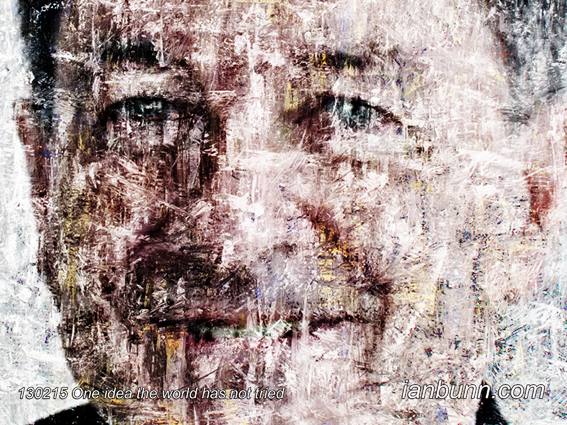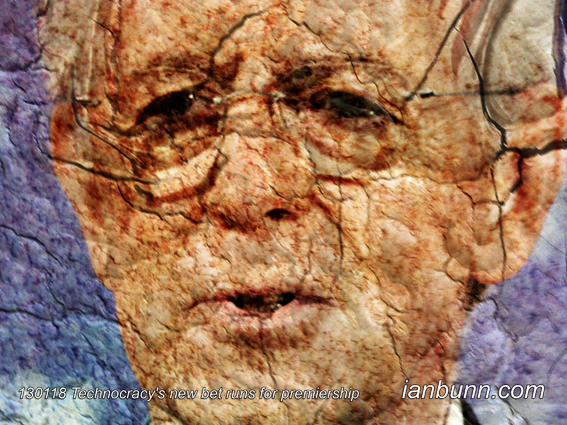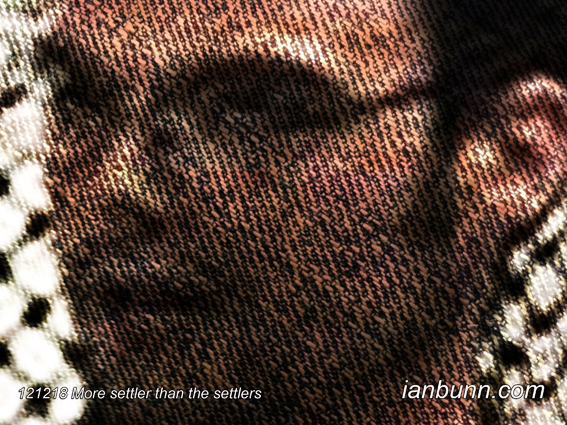 A nation so paralysed by fear (June 18 2013)
A nation so paralysed by fear (June 18 2013)
Arjun Sethi the American lawyer based in Washington, DC, and a frequent commentator on civil rights and social justice-related issues has published an article on Aljazeera titled ‘The US and enemy prisoners post 9/11’. Sethi states “Fear is a powerful human agent. It can cloud our judgment and dim our conscience. Left unchecked, it can skew the moral compass of a nation, leaving destruction in its wake. A recent bipartisan report by the Constitution project confirms what many have long suspected: US personnel tortured enemy detainees in the months and years following the September 11, 2001, terrorist attacks. The report lays bare a nation so paralysed by fear that it jettisoned longstanding human rights protections in the name of national security. …Human rights bodies and humanitarian groups, like the International Committee on the Red Cross, have uniformly condemned these practices, calling many of them torture. So have numerous US judges, who have thrown out an array of detainee statements arguing that evidence obtained through torture is not admissible. The coup de grace comes courtesy of the US government, who previously condemned other countries for engaging in the very same practices. …President Obama has insisted that he wants to look forward, and that culpable US personnel will not be prosecuted. …A commitment to look forward is just another way of saying forget the past. The fact remains that an array of actors – the President, his advisers, lawyers, psychologists and those on the ground – committed a grave human rights violation. Call it a movie script. President Bush produced it; his top advisers directed it; lawyers and psychologists provided the special effects; and personnel played the part. Only through government support, and the power to review classified information and subpoena witnesses, can this tragic story be told.”
Inspired by Arjun Sethi, Aljazeera ow.ly/lCDnx Image source Twitter ow.ly/lCDmR


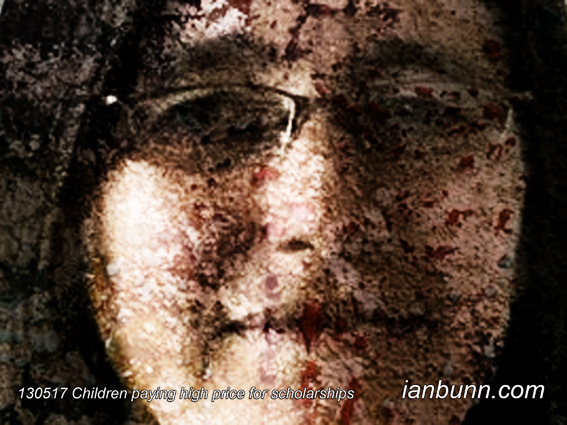



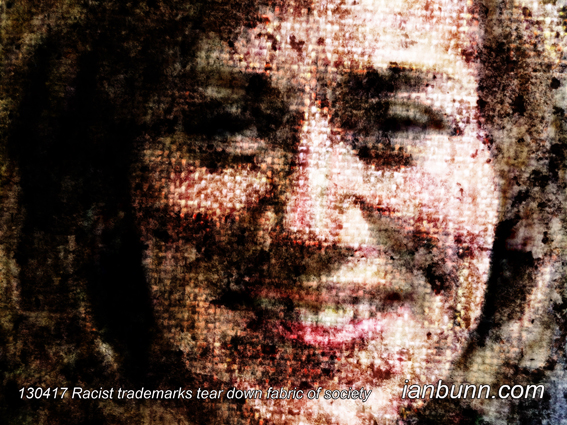

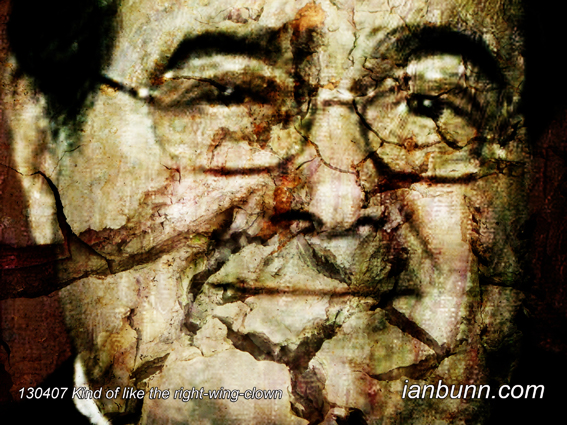


![Salil Shetty the Indian long-term activist on poverty and justice, former director of the United Nations Millennium Campaign and now Secretary General of the human rights organization Amnesty International has published an article on Aljazeera titled ‘Nigerian government should address the problems’. Shetty states "A country with global aspirations should also be a country of the rule of law. On that count, Nigeria is failing dismally - particularly when it comes to Boko Haram [Islamic militant group]. …The death of 43 adds to the toll of more than 1,000 people killed by Boko Haram over the last two years, including attacks on churches, outside mosques and in markets. Such an assault from within is a challenge to any country. But Nigeria has to find a more effective means of response than it has to-date. The country is positioning itself as a global player and is seeking a permanent seat on the UN Security Council. The terrible crimes of Boko Haram can never be a justification for a country's security forces to kill or disappear people with impunity. The security forces' response is creating an atmosphere of lawlessness across vast swathes of the country. In the words of one Nigerian judge, the authorities' disregard for due process is "barbaric". … Unlawful killings, detention without charge, and enforced disappearances are just some of the human rights violations being perpetrated by Nigeria's security forces in the name of national security which Amnesty International identified in a report launched in November. … The Nigerian government should address the problems, not blame the messenger or deny the undeniable. The Nigerian government owes its own people respect for the rule of law - including by the lawful prosecution of Boko Haram crimes, which we see too rarely. If official lawlessness is denied and goes unpunished, Nigeria will not gain the stability it so badly needs.” Inspired by Salil Shetty, Aljazeera ow.ly/hYDEp Image source Facebook ow.ly/hYDC8](http://www.ianbunn.com/wp-content/uploads/2013/03/130307dcU60.jpg)
